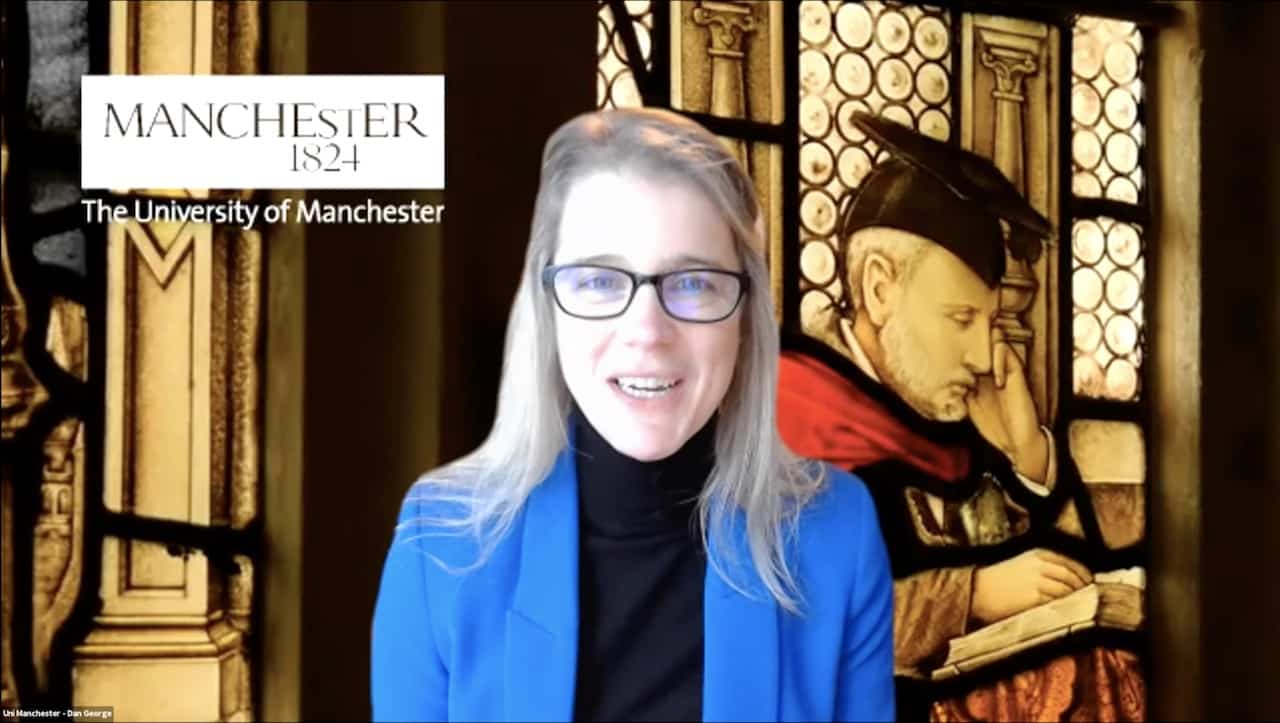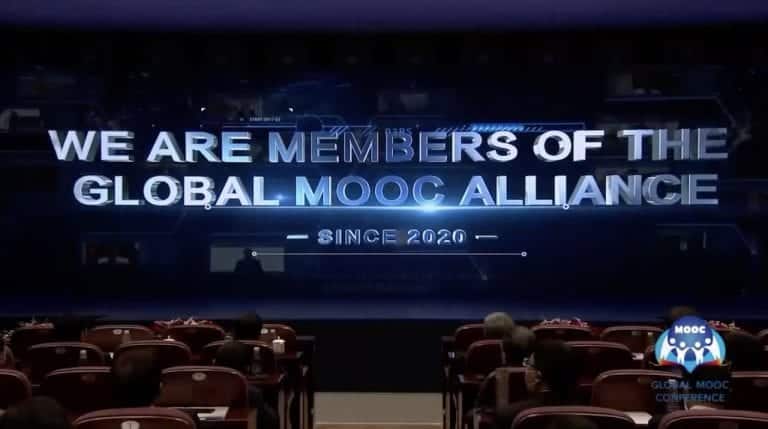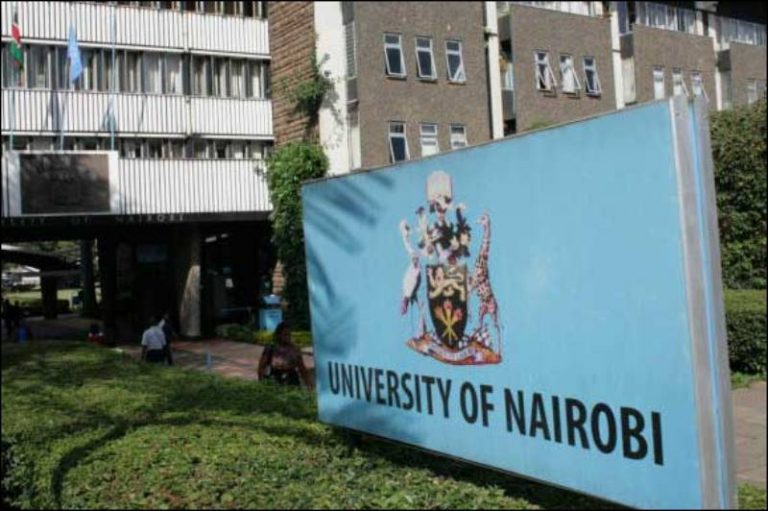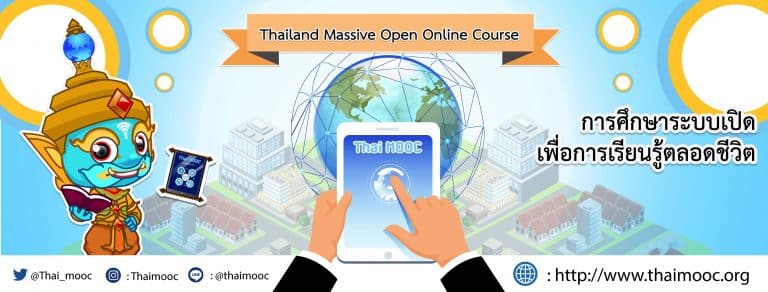The University of Manchester, a world-renowned comprehensive research university located in Manchester, England, was founded in 1824. It ranks first of the six famous red brick universities in the UK, and is one of the founding members of the Russell Group of leading British research universities. The University of Manchester ranks 27th in the 2021 QS World University Rankings and is one of the top 30 universities in the world. Since its establishment, it has been making remarkable contributions to human society and has 25 Nobel laureates among its current and former students and staff. The University of Manchester is a truly international university with a global reputation for educational level and innovative ability. The students come from 160 countries. The university is divided into three faculties, including the the Faculty of Biology, Medicine and Health, the Faculty of Science and Engineering and the Faculty of Humanities, offering over 400 degrees altogether.
According to the Times Higher Education Impact Rankings, the University of Manchester ranks first in the UK and eighth in the world, when assessed against the United Nations’ Sustainable Development Goals (SDGs). It is also worth mentioning that the University of Manchester is the first British university to bring social responsibility into its strategic plan. For a long time, it has been committed to providing sustainable development solutions for global challenges through world-leading scientific research and technology, and continuously exploring and innovating in the field of emerging materials and industrial biotechnology. The University of Manchester has made great contribution to dealing with important issues such as cancer treatment, energy shortage and global inequality.
Professor April McMahon has been Vice-President for Teaching, Learning and Students at the University of Manchester, and Professor of English Language and Linguistics, since October 2019. Previously, she held academic and leadership roles at the Universities of Cambridge, Sheffield, Edinburgh, Aberystwyth and Kent.
April was born in Edinburgh and grew up in the Scottish Borders. She was first in her family to go to university and took her MA and PhD at Edinburgh – where she was very proud to be awarded an Honorary Doctorate in 2014.
April’s academic field is linguistics. Her research interests include how and why languages change; the use of computational methods to group languages into families; the evolution of language in humans; and the history of varieties of English and Scots. She has published 11 books and a wide range of articles and book chapters, with recent projects focusing on textbooks and resources for teaching.
April is a Fellow of the British Academy, the Royal Society of Edinburgh, and the Learned Society of Wales, and is currently a member of both the Audit Committee and the Research and Higher Education Policy Committee of the British Academy. She has a lively interest in training and development, especially relating to career development and leadership; she also chaired the Vitae Advisory Group for the Researcher Development Framework. With a strong commitment to enhancement of education and the student experience, she was Chair of the TEF Subject Pilot Humanities Panel and a member of the Subject Pilot Main Panel.
She is an Honorary Fellow of Selwyn College, Cambridge, and a member of the Board of Trustees of The London Academy of Music and Dramatic Art.
Danielle George is a Professor Radio Frequency Engineering and Associate Vice President at the University of Manchester. She is currently President of the Institution of Engineering and Technology (IET). She was appointed Member of the Order of the British Empire in the 2016 Queen’s honors list for services to engineering through public engagement. In 2016 she received the Royal Academy of Engineering Rooke Medal for services to engineering and in 2017 received the Harold Hartley Medal for outstanding contribution to the field of Measurement and Control.
Danielle research is dedicated to solving one the 14 world engineering grand challenges of the 21st century; engineering the tools for scientific discovery. Her research is delivering class-leading ultra-low noise receivers for Space and Aerospace applications. She is involved in the $1B astronomical instrument, the Square Kilometer Array (SKA), is the UK lead for amplifiers for the $1B Atacama Large Millimeter Array (ALMA) telescope and has worked with NASA and ESA on the development of instrumentation for researchers exploring the Big Bang.
Her passion for raising public awareness of the positive impact engineering and science has on all aspects of our everyday lives, as well as highlighting to young people the immense depth and breadth of opportunities a career in science and engineering can offer, has led to Danielle’s numerous current high-profile Ambassadorial roles. She presented the 2014 Royal Institution Christmas Lectures and has delivered a number of TED and TEDx talks. Her hometown of Newcastle recognized her as a ‘Great North Contemporary Great’ in the 2015 Great North Culture Exhibition.








